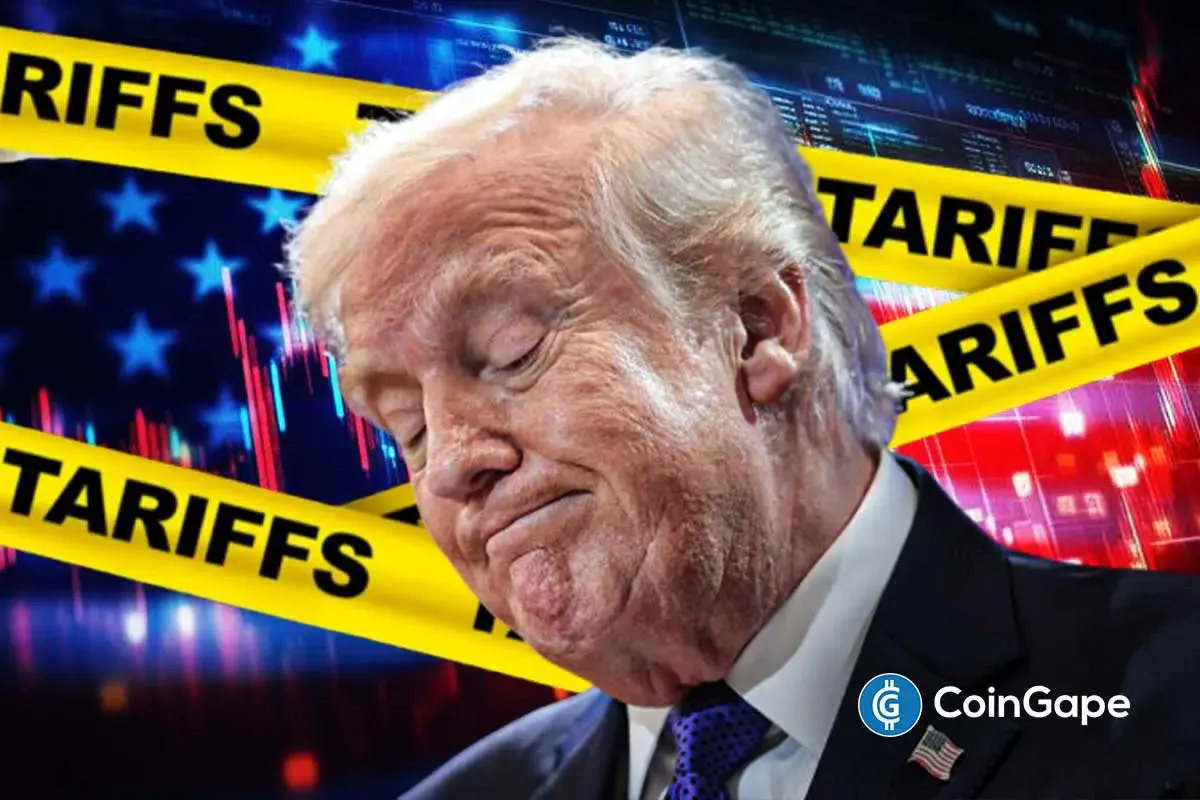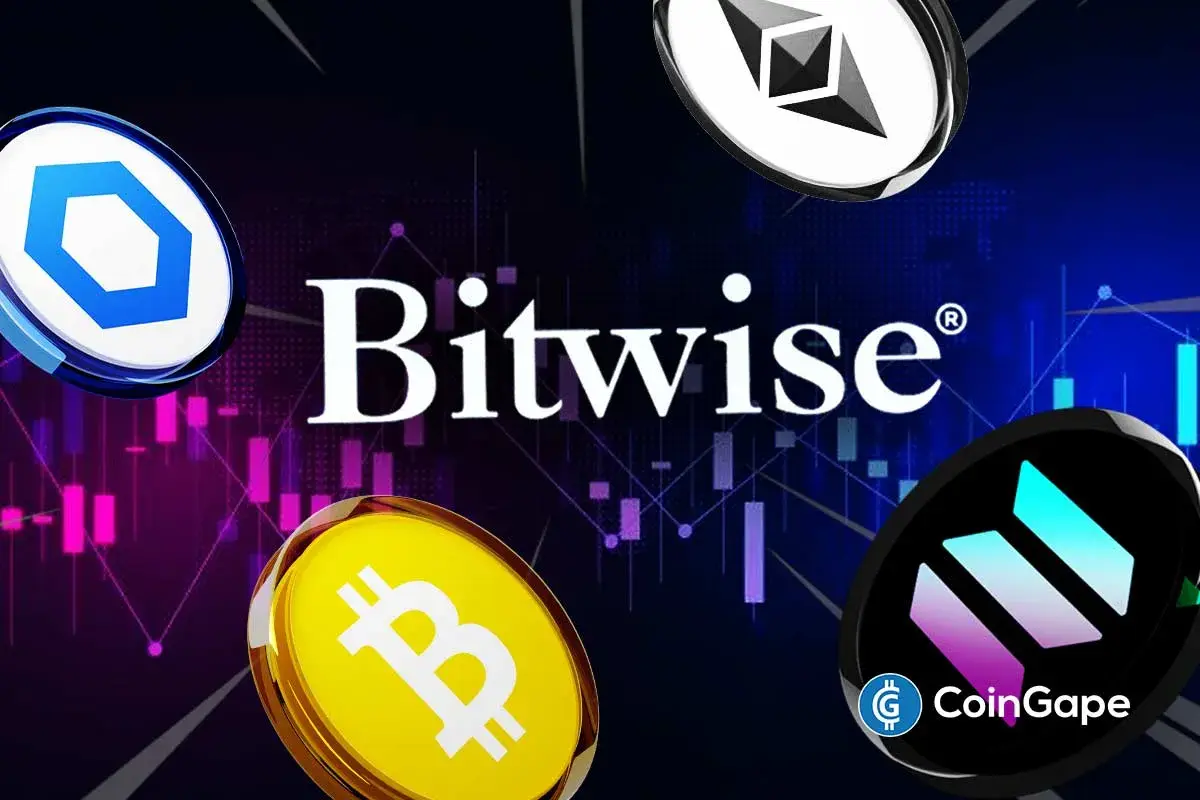Just In: US Court Rules Tornado Cash Smart Contracts Not Property, Lifts Ban

Highlights
- Fifth Circuit Court declares Tornado Cash smart contracts not 'property' under IEEPA.
- Tornado Cash ruling emphasizes distinction between code and controllable property.
- Court victory prompts regulatory rethink for open-source crypto protocols.
A U.S. appeals court has ruled that the Treasury Department’s Office of Foreign Assets Control (OFAC) exceeded its authority by sanctioning Tornado Cash’s immutable smart contracts. This decision overturns earlier actions taken by OFAC and removes Tornado Cash’s smart contracts from the sanctions list, allowing U.S. citizens to resume their use of the protocol.
US Court Rules Tornado Cash Smart Contracts Not Property
On November 26, the Fifth Circuit Court of Appeals delivered a key ruling on the legality of sanctions imposed on Tornado Cash by OFAC. The court found that the sanctions were unlawful because Tornado Cash’s smart contracts, as immutable open-source code, cannot be owned or controlled by any entity or individual.
“We hold that Tornado Cash’s immutable smart contracts (the lines of privacy-enabling software code) are not the ‘property’ of a foreign national or entity,” the three-judge panel stated in its decision.
The court, in addition, explained that under the International Emergency Economic Powers Act (IEEPA), OFAC is only authorized to sanction property owned or controlled by foreign persons, which does not apply to the autonomous smart contracts.
Subsequently, the court directed a Texas district court to grant a motion for partial summary judgment filed by the plaintiffs, led by Joseph Van Loon, challenging the sanctions.
Coinbase and Privacy Advocates Applaud the Ruling
Coinbase’s Chief Legal Officer, Paul Grewal, described the ruling as a major win for privacy advocates and the broader crypto industry. In a social media post, Grewal stated,
“These smart contracts must now be removed from the sanctions list, and U.S. persons will once again be allowed to use this privacy-protecting protocol.”
In addition, Grewal emphasized that while preventing illicit activity is important, banning open-source technology based on its misuse by a minority of users goes beyond the scope of Treasury’s authority. He added that the court’s decision reinforces the need for a balanced approach to crypto regulation that does not stifle innovation.
Implications for Open-Source Technology
The ruling could have a significant influence on how open-source protocols are treated under U.S. law.
Consequently, by affirming that Tornado Cash’s smart contracts are not property, the court recognized the distinction between autonomous software and entities that own or control assets.
The outcome is likely to resonate across the cryptocurrency industry, as developers and advocates have long argued that open-source code should not be regulated in the same way as traditional financial institutions.
- XRP Realized Losses Spike to Highest Level Since 2022, Will Price Rally Again?
- Crypto Market Rises as U.S. and Iran Reach Key Agreement On Nuclear Talks
- Trump Tariffs: U.S. Raises Global Tariff Rate To 15% Following Supreme Court Ruling
- Bitwise CIO Names BTC, ETH, SOL, and LINK as ‘Mount Rushmore’ of Crypto Amid Market Weakness
- Prediction Market News: Kalshi Faces New Lawsuit Amid State Regulatory Crackdown
- Dogecoin Price Prediction Feb 2026: Will DOGE Break $0.20 This month?
- XRP Price Prediction As SBI Introduces Tokenized Bonds With Crypto Rewards
- Ethereum Price Rises After SCOTUS Ruling: Here’s Why a Drop to $1,500 is Possible
- Will Pi Network Price See a Surge After the Mainnet Launch Anniversary?
- Bitcoin and XRP Price Prediction As White House Sets March 1st Deadline to Advance Clarity Act
- Top 3 Price Predictions Feb 2026 for Solana, Bitcoin, Pi Network as Odds of Trump Attacking Iran Rise
















